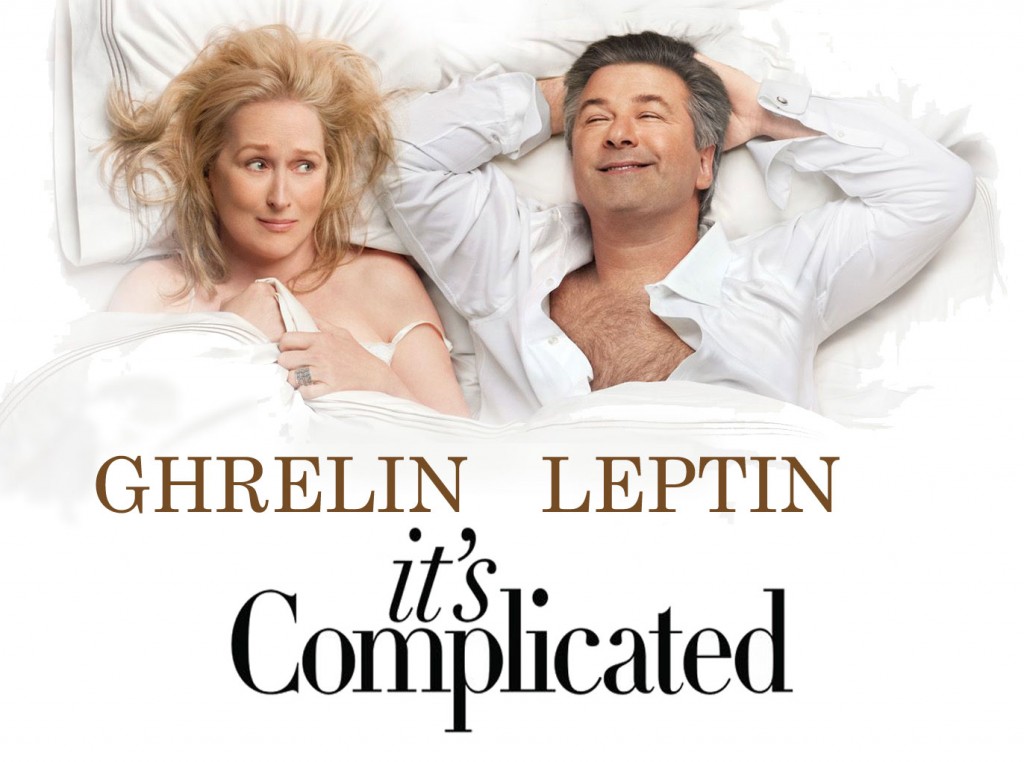The Average Dieting Cycle:
- Feel disgust with overly high body-fat percentage.
- Cut calories.
- Pray to God you retain lean mass and lose as much fat as possible.
Some may even liberally pepper this recipe with exercise (generally of the aerobic persuasion) and supplements to help speed along the results. In either case, a keystone in the equation of weight loss is being overlooked, perhaps due to it's simplicity.
Sleep It Off
There has been a long established link between sleep and obesity. Studies have shown that sleeping 5 hours of less makes individuals 32% more likely to experience major weight gain (>15kg) over a 16-year period. Furthermore, scientists have calculated that each extra hour of sleep, daily is associated with a 2.8% decrease in fat percentage (Rontoyanni, Baic & Cooper, 2007).
A lack of sleep stimulates appetite influencing the hormones controlling hunger. Not catching enough winks reduces the production of the appetite suppressing leptin and stimulates the production of appetite boosting hormones such as ghrelin. This can have profound effects on cravings and food intake.
Sleep - A Dieter's Best Friend
Emerging data suggest that lack of sufficient sleep may modify your neuro-endocrine response to reduced food intake (as in dieting), and have an adverse impact on the metabolic effects of caloric restriction. This implies that a large appetite may not be the only thing that could affect sleep-deficient dieters.
In the study in question, participants spent two 14-day periods in a laboratory where they were assigned time-in-bed schedules of either 8.5h or 5.5h a night. These 14-day periods were conducted at least 3 months apart. In terms of food intake, participants consumed the same diet with caloric content restricted to 90% of their resting metabolic rate (if they got no exercise).
The Results
During their stay, the participants lost the same amount of weight (approximately 3kg). However, when participants were only allowed to sleep for 5.5 hours, they lost 55% less fat mass and 60% more lean body mass than those who slept the full 8.5 hours. In addition, resting metabolic rate was lower at the end of the two-week cycle for the 5.5 hour group.
 The researchers suggest that the combination of energy and sleep restriction in overweight adults resulted in a modified state of negative energy balance that was characterized by decreased loss of fat and an increased loss of fat-free mass. The takeaway is that, while sleep is doubtless of vital importance to our physiological functioning; dieters may want to pay special attention to this variable to avoid undue losses in muscle-mass. Muscle is key in the regulation of metabolism, and individuals looking to shed fat should seek to maximize it's retention during periods of dieting to achieve optimal results both during and post-calorie restriction.
The researchers suggest that the combination of energy and sleep restriction in overweight adults resulted in a modified state of negative energy balance that was characterized by decreased loss of fat and an increased loss of fat-free mass. The takeaway is that, while sleep is doubtless of vital importance to our physiological functioning; dieters may want to pay special attention to this variable to avoid undue losses in muscle-mass. Muscle is key in the regulation of metabolism, and individuals looking to shed fat should seek to maximize it's retention during periods of dieting to achieve optimal results both during and post-calorie restriction.
*Note - One point of consideration for the given study was that the students consumed a diet comprising 48% (CHO), 34% (FAT), 18% (PRO). As a result, even in the 8.5 hour group, an unnecessarily large quantity of fat-free mass was sacrificed due to inappropriate macro-nutrient composition. The researchers doubtless mimicked calorie restriction in a typical western diet. However, I believe that greater protein intake to the effect of 1.5g - 2g per pound of body-weight, in combination with several bouts of heavy-resistance training weekly would have stimulated greater retention of fat-free mass in participants.
References:
Nedeltcheva, A.V.,Kilkus, J.M., Imperial, J., Schoeller, D.A., & Penev, P.D. (2010). Insufficient sleep undermines dietary efforts to reduce adiposity. Ann Intern Med, 153(7), 435-441.
Patel, S.R., Malhotra, A., White, D.P., Gottlieb, D.J., & Hu, F.B. (2006). Association between reduced sleep and weight gain inwomen. Am J Epidemiol, 164(10), 947-954.
Rontoyanni, V.G., Baic, S., & Cooper, A. R. (2007). Association between nocturnal sleep duration, body fatness, and dietary intake in Greek women. Nutrition, 23(11-12), 773-777.

No comments:
Post a Comment